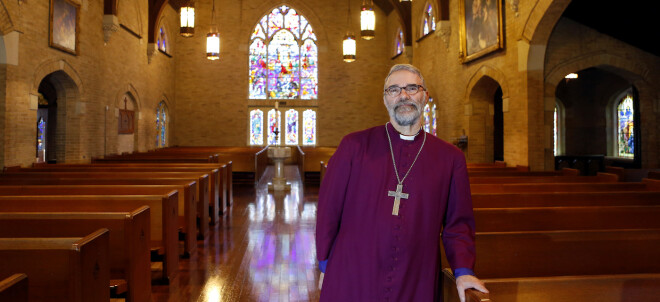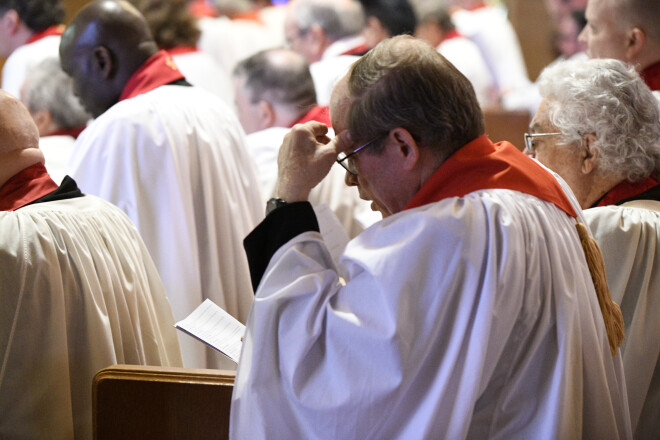Human Freedom

What does it mean to be free? We value nothing more in our culture: ‘live free or die’! Yet we also imagine various ways in which we are anything but free: our genes, our families of origin, economic forces, etc. We think of freedom as room I must win, as autonomy I must wrest from others. Freedom is our prime cultural goal and our problem.
Christianity agrees the the human is made for freedom; in fact it contributed historically to this very goal. Jesus tells us that the truth will set us truly free (John 8:36), but the truth spoken of here is not only in our minds, since the ‘good I would do I do not do.’ (Romans 7:19). It involves the freeing of our wills from bondage, distortion, fear, and guilt. Without this, what we imagine to be freedom is really the limited power to choose between forms of moral and spiritual slavery.
Trusting obedience to God then is not the opposite of freedom, but its condition, nor does it diminish our dignity, but rather enables our flourishing.
Google the poem, Stations on the Road to Freedom, by Dietrich Bonhoeffer.



